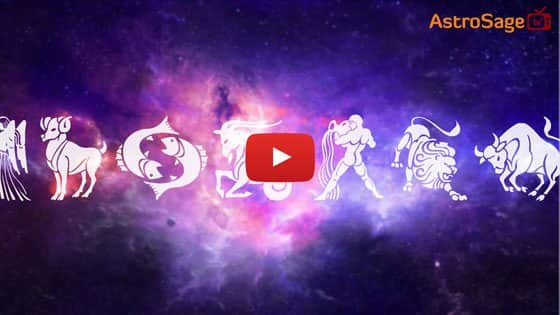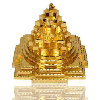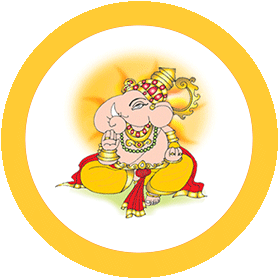Masik Shivaratri 2023 Dates
Masik Shivaratri Dates for Delhi, India
| Date | Festivals |
|---|---|
| Friday, 20 January | Masik Shivaratri |
| Saturday, 18 February | Masik Shivaratri |
| Monday, 20 March | Masik Shivaratri |
| Tuesday, 18 April | Masik Shivaratri |
| Wednesday, 17 May | Masik Shivaratri |
| Friday, 16 June | Masik Shivaratri |
| Saturday, 15 July | Masik Shivaratri |
| Monday, 14 August | Masik Shivaratri |
| Wednesday, 13 September | Masik Shivaratri |
| Thursday, 12 October | Masik Shivaratri |
| Saturday, 11 November | Masik Shivaratri |
| Monday, 11 December | Masik Shivaratri |
As per Hindu Calendar, Masik Shivratri is celebrated on the 14th day of each month during the waning moon (Krishna Paksha) half. Masik means ‘monthly’ and Shivaratri means ‘night of Lord Shiva’. The day is observed every month whereas Mahashivratri falls once in a year. The fast of Masik Shivratri helps spinsters attain desired partners. Not only the day helps devotees control their senses but it also helps them to curb malevolent feelings of anger, jealousy, pride, and greed.
The Significance of Masik Shivratri
Masik Shivratri is considered as a powerful and auspicious fast dedicated to the supreme lord, Shiva. It is observed by men and women for improved living and betterment of the future. It is believed that if you chant Shiva mantra Om Namah Shivaya for the entire day and night, then you can keep yourself away from all the worldly desires. Some of the advantages of keeping Masik Shivratri fast include speedy recovery, pink health, and outbound happiness. It is said that with this fast, one can attain salvation, liberation, and freedom from all the stress and misfortunes of a lifetime.
Mahashivratri: The Possibility to Integrate Human Body
Shivaratri is the 14th night of the lunar month. It is considered as the darkest night because it comes before the new moon or Amavasya. Mahashivratri is a night of endless possibilities, spiritual success, and outbound growth and happiness. Worshiping Lord Shiva with pure heart and soul helps you attain salvation and grace for a lifetime.
● Shaving Head on Mahashivratri
People shave their head on Mahashivratri because it comes before the new moon day when there is an upward force of energy in the human system. Shaving one’s head on the day of Mahashivratri is seen as a symbol of spiritual enlightenment and mental clarity.
● Force of Energy on Mahashivratri
Among all the twelve Shivaratri that falls in the Hindu calendar, Mahashivratri holds the most spiritual importance. This is a day when nature pushes human beings towards one’s spiritual self. The significance of this night-long festival is to allow natural upsurge of energies in the universe.
● Mahashivratri: A day of Spiritual Importance
Mahashivratri is significant for people who walk on the path of enlightenment and growth. People who live in family observe Mahashivratri as Shiva’s wedding anniversary. Those with worldly ambitions see that day as the day Shiva defeated all his enemies.
Fasting on Shivratri
Be it Masik Shivratri or Mahashivratri, devotees follow the same fast procedure.
● First, they take a bath with sesame seeds as it helps them to remove body impurities
● After that, they visit Shiva temple and do hymns, bhajans, and prayers to please Lord Shiva
● People offer honey, sandalwood paste, yogurt, rosewater, and flowers to worship Shiva Linga
● People also offer Aegle Marmelos (bel Patra), betel leaves (paan patta), rice, and fruits, to adorn the deity
● Diyas and incense sticks are lighted to invoke Lord Shiva’s blessings
● Devotees also apply sacred ash (vibhuti or bhasma) on their forehead
● The mantra Om Namah Shivaya is chanted throughout the day and night
● It is said that the mantra is capable of liberating you from your previous sins

 ₹
₹ 











